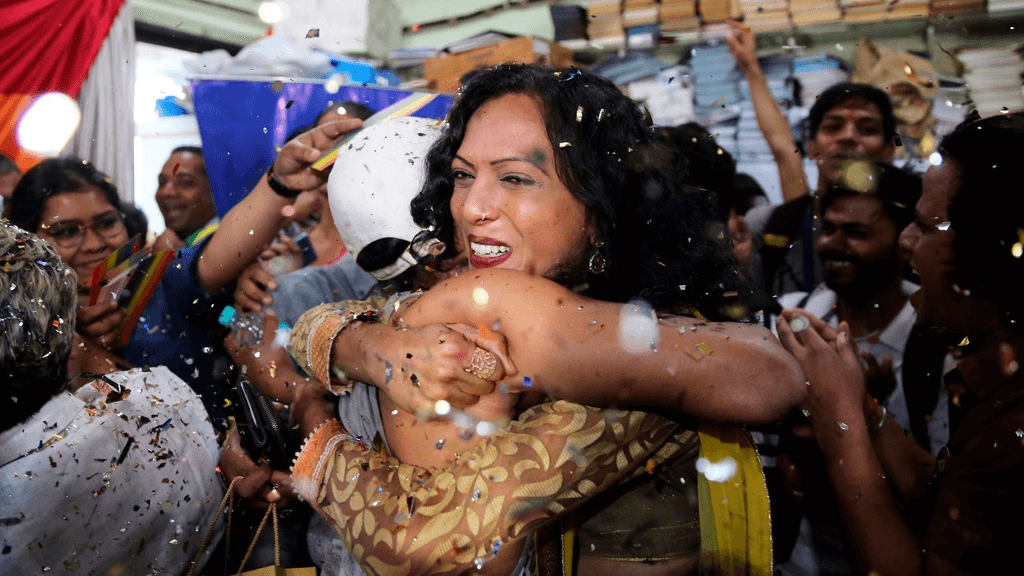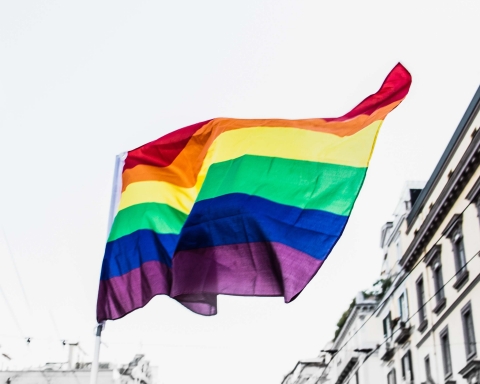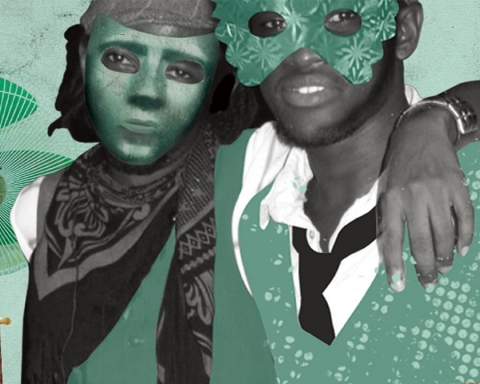On Thursday 6 September, in a landmark victory for LGBTQI rights, the Indian supreme court struck down a law dating back to the British Raj, which criminalized homosexual sexual activities.
The law, Section 377 of the Indian Penal Code, was introduced in 1861 under the British rule of India and outlawed “carnal intercourse against the order of nature” – under which gay and lesbian sex was included. The law imposed a sentence of up “to ten years” for the offense. “Critics of the law (said) that though prosecutions under section 377 (were) rare, it (was) frequently used to blackmail gay and lesbian Indians and (contributed) to their marginalization, while also inhibiting efforts to fight diseases such as HIV/AIDS.”
The Supreme Court’s decision on Thursday marks the end of a long battle to legalize homosexuality in India. In 2009, the Delhi High Court struck down the section on the grounds that it was unconstitutional with respect to sex between consenting adults, “but the Supreme Court held that only Parliament had the power to change that law,” and the progressive Delhi High Court ruling was effectively reversed in 2013.
“A five-member constitutional bench of the Supreme Court commenced hearing of the pleas challenging the constitutionality of Section 377” on 10 July earlier this year. Based on the Supreme Court’s 2017 upholding of the fundamental right to privacy, the five-judge panel ruled once and for all that Section 377 of the Indian Penal Code is unconstitutional.
What kind of impact do you think this change in law will have on cultural attitudes towards the LGBTQ community in India?
Photo: AP Photo/Rafiq Maqbool








